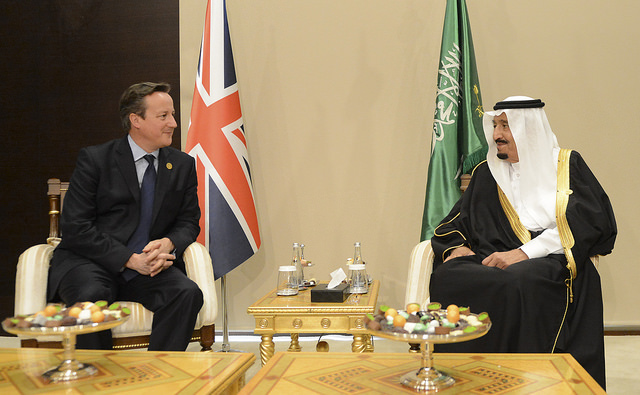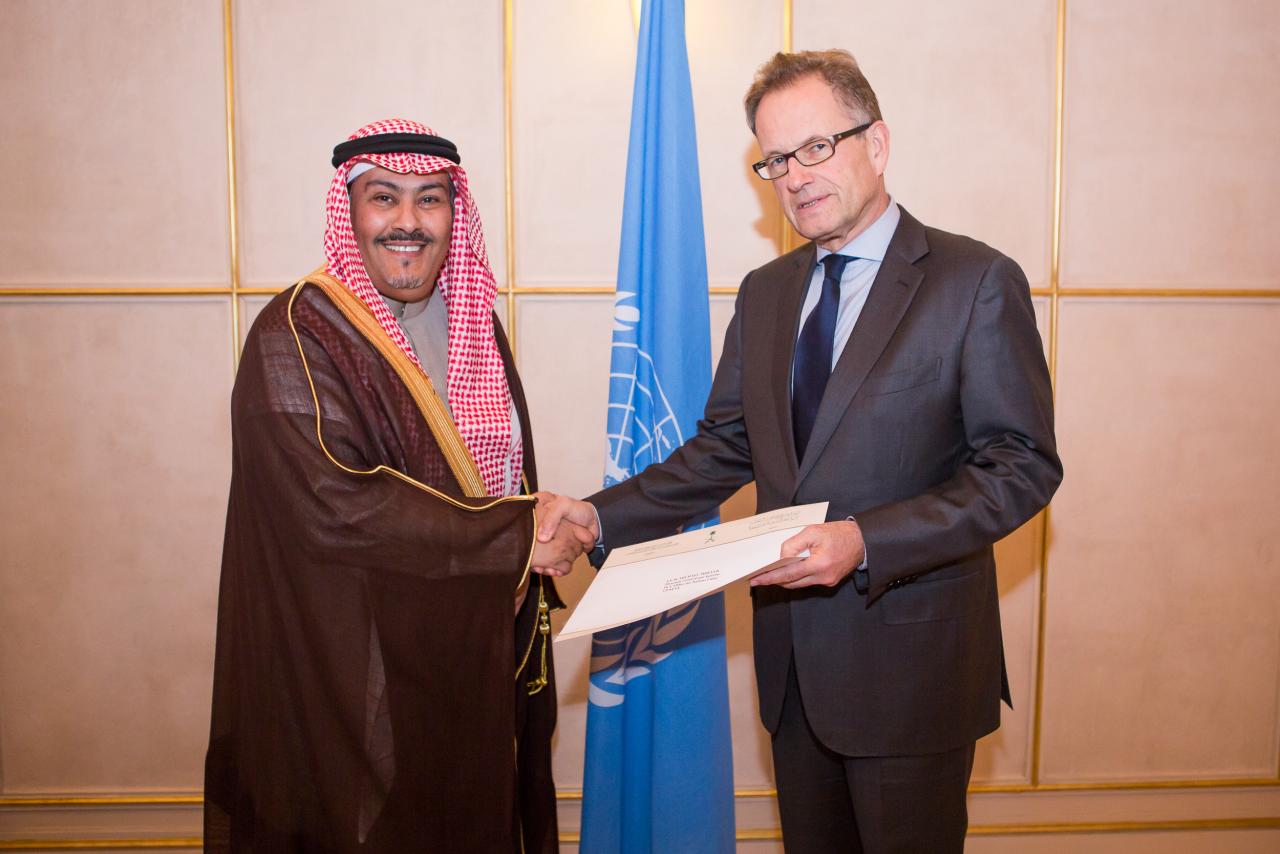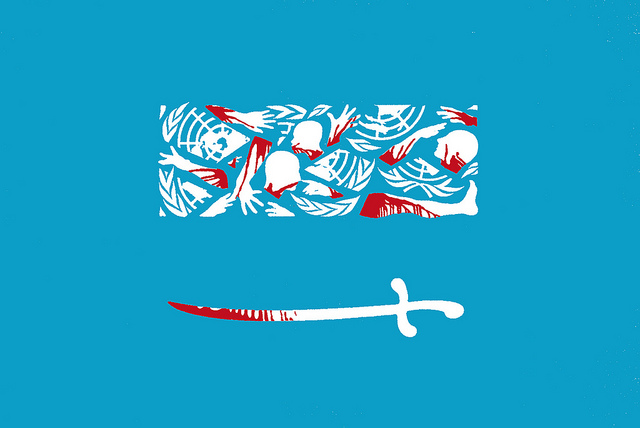In recent months, the United Nations has come under fire for electing Saudi Arabia’s ambassador Faisal bin Hassan Trad to chair the UN Human Rights Councils panel of experts. The panel selects senior officials who draft international human rights standards and write reports on violations. Nonetheless, the Council has long been the subject of criticism for granting membership to countries with dubious human rights records.
The United Nations Human Rights Council (UNHRC) is supposed to function as a key inter-governmental body with 47 member states for promoting and protecting human rights around the world. The term of each seat is three years, and no member may occupy a seat for more than two consecutive terms. On the list of member countries one can see names such as Netherlands, China, United States, Qatar, Russia, United Kingdom, Bangladesh, Kazakhstan, and Saudi Arabia.
The latest criticism stirred up after UN Watch, an independent NGO monitoring UN, has found that the appointment was made in June 2015 but went unreported until September. In the aftermath, diplomatic cables leaked by Wikileaks exposed that Britain conducted secret vote-trading deals with Saudi Arabia back in November 2013 in New York, to ensure both states are elected to the UN human rights council in 2015. Another cable also revealed that Saudi Arabia transferred $100,000 to Britain for “expenditures resulting from the campaign to nominate Saudi Arabia for membership of the human rights council for the period 2014-2016”. Saudi Arabia had earlier this year sought the leadership slot of the entire Human Rights Council of the U.N., a move that drew criticism given the country’s disastrous human rights record.
UN Watch executive director, Hillel Neuer, commented on the issue in a statement: “This UN appointment is like making a pyromaniac into the town fire chief, and underscores the credibility deficit of a Human Rights Council that already counts Russia, Cuba, China, Qatar and Venezuela among its elected members. . . . Petro-dollars and politics have trumped human rights.”
With a glance at the human right record of a country where women are not allowed to drive yet with the help of Britain was appointed as head of UNHRC, it can be seen that Saudi Arabia continues to be at the bottom of human right reports rankings. In recent instances, three notable cases could draw international attention. In June 2015 Supreme Court of Saudi Arabia upheld a sentence of 10 years prison and 1,000 lashes for blogger Raif Badawi for insulting Islam. Amnesty’s Middle East and North Africa director, Philip Luther, said in a statement: “Blogging is not a crime and Raif Badawi is being punished merely for daring to exercise his right to freedom of expression.”

In another case a teenage boy named Ali al-Nimr was sentenced to beheading and crucifixion for participating in Arab Spring anti-government protests in 2012. He was at age 17 at the time of arrest. The government has said he attacked police and rioted, but the only known evidence is a confession seemingly made under torture that left him in a bloody mess. “When I visited my son for the first time I didn’t recognise him,” his mother, Nusra al-Ahmed, told The Guardian. “I didn’t know whether this really was my son Ali or not.” Al-Nimr’s trial was called unfair by United Nations expert Christof Heyns and Amnesty International, who called for stoppage of execution.
Following his bad reputation, Saudi Arabian court sentenced Palestinian artist and poet Ashraf Fayadh to death for apostasy according to trial documents seen by Human Rights Watch. Fayadh was detained by the country’s religious police in 2013 in Abha, in southwest Saudi Arabia, and then rearrested and tried in early 2014. Saudi Arabia’s criminal justice system also executes “witches” and gay people.
For decades, Saudi Arabia has been supporter of Wahhabi schools in poor countries in Africa and Asia, exporting extremism and intolerance. Saudi Arabia also exports instability with starting a brutal war in Yemen. Saudi airstrikes have killed thousands, and the blockading of ports has been even more devastating. Some Yemeni children are starving, and 80 percent of Yemenis now need assistance.
Despite many distressing facts, when it comes to human rights, Western governments tend to turn a blind eye and dear ear about the issue since they see Saudi Arabia as their political ally in the region and a partner who is a major exporter of oil and gas.

Following the Wikileaks disclosure about Britain’s role and Saudi Arabia record in human right some observers have questioned functionality of UNHRC and if member countries such as Saudi Arabia should have a seat there at all. Can human right benefit from such organisations that are overshadowed by political and economical relations?
As one example of the possible damaging effects of Saudi Arabia post appointment, Saudi’s objections halts proposed plans by Netherland in late September for an international inquiry into human rights violations by all parties in the war in Yemen. A war that has killed thousands of civilians in the past six months by the military coalition led by Saudi Arabia.
Photo credits:
Picture 1: CHRISTOPHER DOMBRES, licensed under CC BY 2.0
Picture 2: Georgina Cope for Number 10, licensed under CC BY-NC-ND 2.0
Picture 3: Pierre Albouy for UN Geneva, licensed under CC BY-NC-ND 2.0





